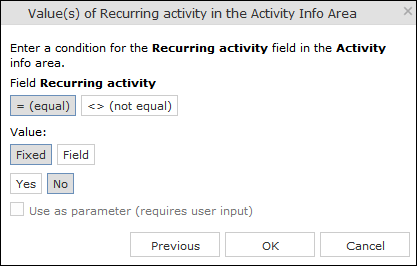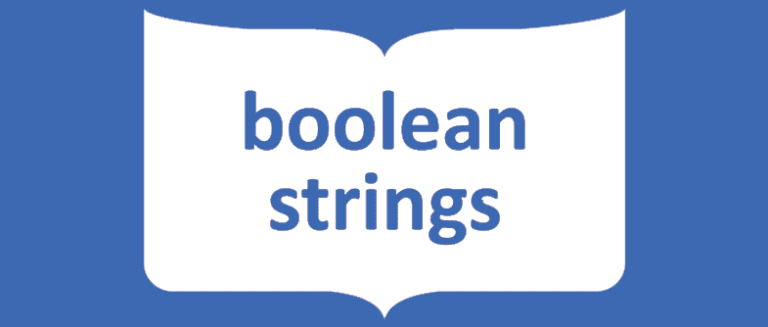

In contrast, row 3 immediately disproves (a=>b)=1 because it provides a counterexample when a=1 and b=0. For the rows 1, 2 and 4 in the truth table it is not known whether there is counterexample: these rows do not contradict to (a=>b)=1, but they also do not prove (a=>b)=1. For the rest of values (a,b), the value of a=>b is undefined: both (a=>b)=0 ("a doesn't imply b") and (a=>b)=1 ("a implies b") are possible: a b a=>b commentĠ 0 ? it is not possible to infer whether a implies b because a=0ġ 0 0 b is 0 when a is 1, so it is possible to concludeġ 1 ? whether a implies b is undefined because it is not knownįor a to imply b it is necessary and sufficient that b=1 always when a=1, so that there is no counterexample when a=1 and b=0.

Judging from the truth tables, it is possible to infer the value of a=>b only for a=1 and b=0. Truth tables are not about determining whether a rule applies, they are about determining whether a rule was adhered to. It's not a matter of knowing whether implies applies - it wouldn't have been written there if it shouldn't be. In computer programming we often want to plug a set of variables into the statement and see if the entire statement evaluates to true or false. Perhaps we want to transform the statement into a different form (as was the original question, he or she wanted to know if two statements are equivalent). When we work with boolean logic, we are like the mother: we know the operators ahead of time, and we want to work with the statement in that form. She knows what the relationship between dirt and baths are, and she wants to make sure that the rule is followed. The mother has set the rule ahead of time. Yes Yes Yes He took a bath to clean up after getting dirty. No Yes Yes Son didn't need to take a bath, but wanted to anyway. No No Yes Son didn't get dirty, so didn't need to take a bath. She generates the following truth table: Get dirty? Take a bath? Follow rule? Comment On four separate days, when the mother comes home from work, she checks to see if the rule was followed. Another story:Ī mother tells her son, "If you get dirty, take a bath" (dirty=>bath). However, when we are evaluating boolean logic we know the relationship ahead of time, and want to test whether the relationship was adhered to. Similarly, it seems that Serge is trying to test whether A=>B, and is only able to determine it in one case. Only on one of the days in one of the countries can she definitively say that implies is not the correct relationship. In the above, the scientist doesn't know the relationship between rain and umbrellas and she is trying to determine what it is. Yes Yes ? Perhaps these people use umbrellas no matter what weather it is Yes No No Perhaps the local government banned umbrellas and nobody can use them. No Yes ? People were shielding themselves from the hot sun I don't know what they would do in the rain No No ? It didn't rain, so I didn't get to observe She generates the following truth table: Did it rain? Did people Does rain => umbrellas? Comment In each country she wants to determine if rain implies that people will use umbrellas. Consider the following story:Ī scientist visits four different countries on four different days. This is somewhat like a scientist trying to determine the relationship between two events. Serge seems to be approaching this from the perspective of questioning whether or not the implication applies. This is too long for a comment, so I'll post it as an answer. The process of using Boolean logic begins in a general manner and then you narrow the results, much like the child’s game of 20 Questions.I think I see where Serge is coming from, and I'll try to explain the difference.
Boolean search definition how to#
By excluding the areas and minor topics from the general responses, you will decrease the number of entries that will have to be examined one-by-one.Ī good way to understand the Boolean process and learn how to apply Boolean logic is to look at a few examples. To maximize your efforts, you can then use the Boolean operators to exclude all the types of information that you aren’t interested in. To use the Boolean operators, you must begin by defining your general subject by performing a general search on the database for everything that concerns your topic. In terms of Internet searches, the database you have to work with has millions of entries that examine topics in a variety of subject areas, so this can be especially valuable. By using the operators in the correct manner, you can isolate single or small groups of items in a relatively quick manner.

The “AND,” “NOT” and “OR” operators are normally applied to grouping theory and algebra.


 0 kommentar(er)
0 kommentar(er)
